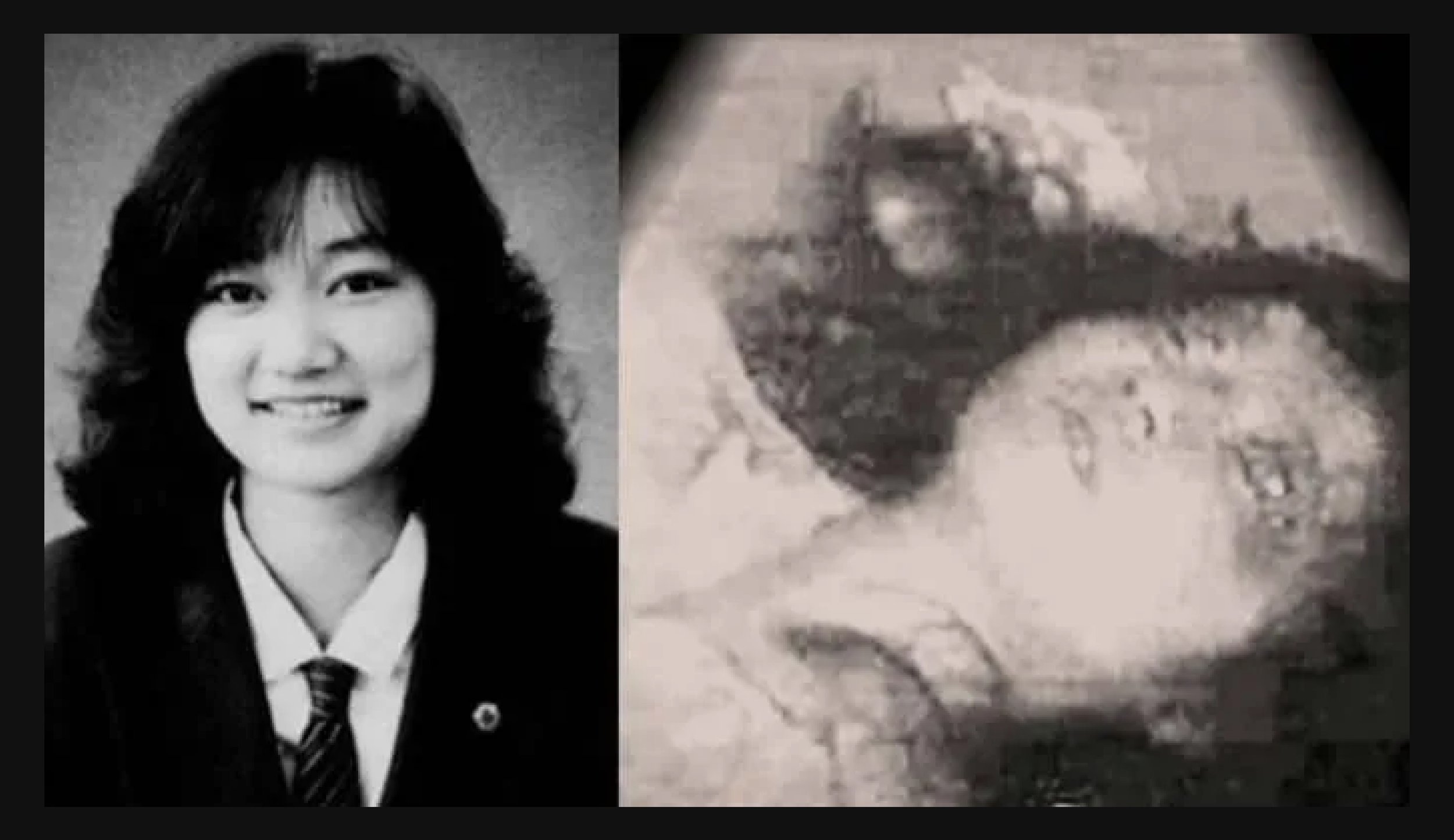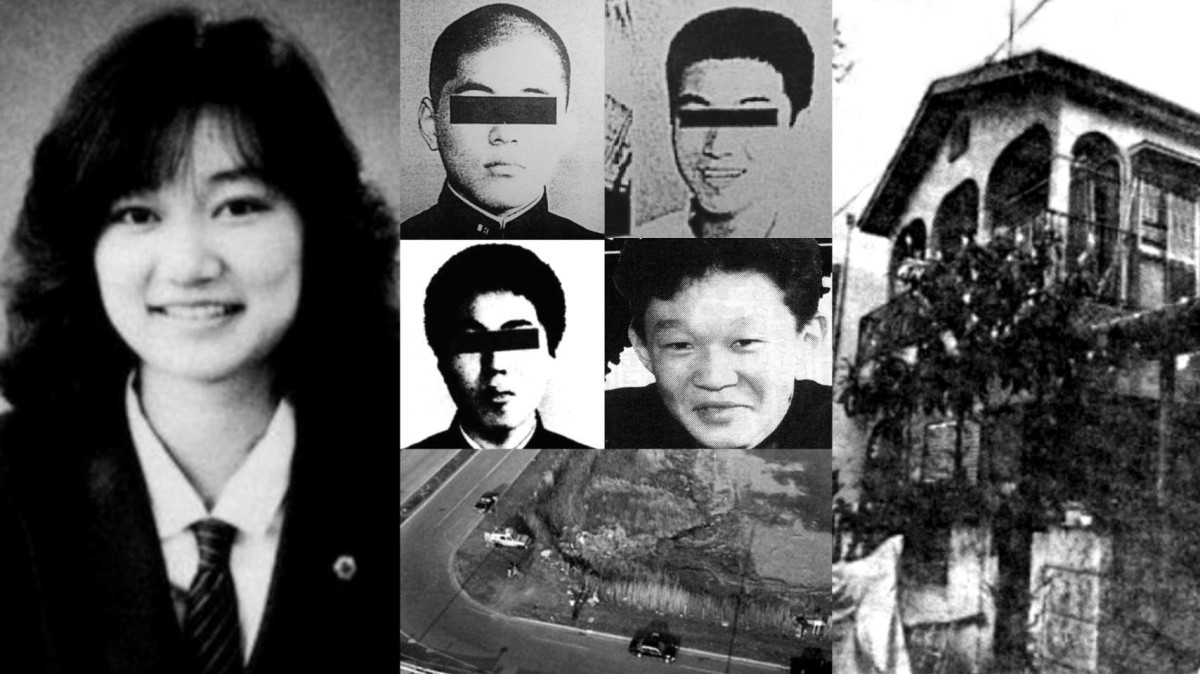Could the depths of human depravity ever truly be fathomed? The case of Junko Furuta, a name synonymous with unimaginable suffering, remains a stark reminder of the capacity for cruelty that exists within humanity.
This subreddit, a digital space dedicated to the memory of Junko Furuta, serves as a testament to a life brutally extinguished, a story so harrowing that many would prefer to remain ignorant of its details. Yet, to ignore the tragedy of Junko Furuta is to deny a painful truth, a truth that demands our attention, our empathy, and our unwavering commitment to justice.
Born on January 18, 1971, in Misato, Saitama Prefecture, Japan, Junko Furutas life was tragically cut short at the tender age of 17. She was a typical teenager, with dreams, aspirations, and a life brimming with potential. She lived with her parents, an older brother, and a younger brother. Little did she know that her life would be stolen by an act of monstrous cruelty, an act that would shock the world and leave an indelible mark on the annals of crime.
- Discovering Barry Keoghans Nationality A Deep Dive Into His Background
- Big Box Braids Hairstyles A Complete Guide To Achieve The Perfect Look
The story of Junko Furuta is not for the faint of heart. It is a tale of 44 days of unimaginable torture, a period of captivity marked by relentless abuse and unspeakable acts of violence. Her ordeal began on November 25, 1988, when she was kidnapped. The details of her suffering are graphic and deeply disturbing, a testament to the depravity of her captors. Her captors, a group of young men, subjected her to physical, sexual, and psychological torment, pushing the boundaries of human endurance to its absolute limit.
The horrific events culminated in her death on January 4, 1989. Her battered body was found encased in concrete inside a drum in Koto, Tokyo. The case sparked international outrage, forcing a horrified world to confront the dark underbelly of human nature.
This case remains a painful reminder that even in the supposed safety of our everyday lives, evil can lurk in the shadows. It forces us to confront our own capacity for compassion and to question the societal structures that allow such atrocities to occur. Moreover, the case of Junko Furuta acts as a cautionary tale, a reminder of the vulnerability of young people and the urgent need to protect the innocent from those who would seek to do them harm.
- Exploring Jason Momoas Height And Weight The Physique Of A Hollywood Icon
- The Movie Memory A Deep Dive Into Cinematic Nostalgia
The original house where the heinous crimes were committed has been torn down and rebuilt, yet the adjacent houses stand, a chilling reminder of the events that transpired within those walls. Even the telephone pole, used by the perpetrators to reach Junko on the second floor without entering the front door, still remains, a physical manifestation of the cruelty she endured.
The legal proceedings that followed were met with widespread criticism. The perpetrators, considered juveniles under Japanese law at the time, received sentences that were widely regarded as lenient, a stark contrast to the severity of their crimes. This sparked further outrage and a deep sense of injustice, leaving many feeling that the scales of justice had been tipped in favor of the guilty.
The legacy of Junko Furuta continues to resonate, serving as a powerful symbol of the fight against violence, abuse, and the importance of speaking out against cruelty. It inspires many to advocate for victims and to raise awareness about bullying and violence against women. This tragic story is a constant reminder of the profound impact that severe trauma can have on the human brain, and serves as a framework for understanding the neurological impact of extreme and prolonged abuse.
Junko's story is a stark illustration of the importance of vigilance, empathy, and unwavering commitment to justice. It compels us to confront the dark realities that exist in our world and to work towards a society where such atrocities can never happen again. While the pain of the case may linger, the need to learn from it remains, along with the hope that one day, we can come closer to ending the cycle of violence, ensuring a safer and more just world for all.
| Category | Details |
|---|---|
| Full Name | Junko Furuta |
| Date of Birth | January 18, 1971 |
| Place of Birth | Misato, Saitama Prefecture, Japan |
| Date of Death | January 4, 1989 |
| Age at Death | 17 years old |
| Education | High School Student |
| Known For | Victim of a horrific crime involving kidnapping, torture, and murder |
| Legacy | Symbol of the fight against violence and abuse, raising awareness about bullying and violence against women. |
| Reference | Wikipedia: Murder of Junko Furuta |
The brutal slaying of Junko Furuta is a case that continues to provoke outrage and disbelief. The lack of adequate retribution for such a heinous crime remains a point of contention, a symbol of the perceived failures of the justice system. There is a stark illustration of how severe trauma can alter the very structure and function of the brain. The case provides a tragic framework for understanding the potential neurological impact of extreme and prolonged abuse.
Junko, known to all as a good girl, and living in Misato, Japan, loved to bake sweets and was planning to help her mother bake a cake for Christmas, a cherished tradition in Japan. The story of Junko Furuta serves as a stark reminder of the devastating impact of violence and the urgent need to protect those most vulnerable in our society. This is a real story that can leave you shattered, and Junkos tragic story reminds us of the importance of speaking up against cruelty and injustice.
The film "Concrete", released in 2004, was based on the Junko Furuta case, adding to the media coverage and remembrance of the crime. Media coverage included films and a manga illustrated by Kamata Youji.
The diligent pursuit of their investigation by the police could have brought an earlier end to the unimaginable ordeal suffered by Junko Furuta. Had the police conducted a comprehensive search of the Minato residence, there remains the possibility that Junko Furuta's life could have been saved.
While the physical evidence of the crime may have been removed or altered, the emotional and psychological scars remain. The collective memory of the atrocities committed against Junko Furuta serves as a warning, a call to action, and a constant reminder of the importance of empathy, vigilance, and a steadfast commitment to justice.
- The Darlings A Closer Look At Andy Griffiths Iconic Characters
- Keri Russell And Kurt Russell A Deep Dive Into Their Lives And Careers
.jpg?format=2500w)

